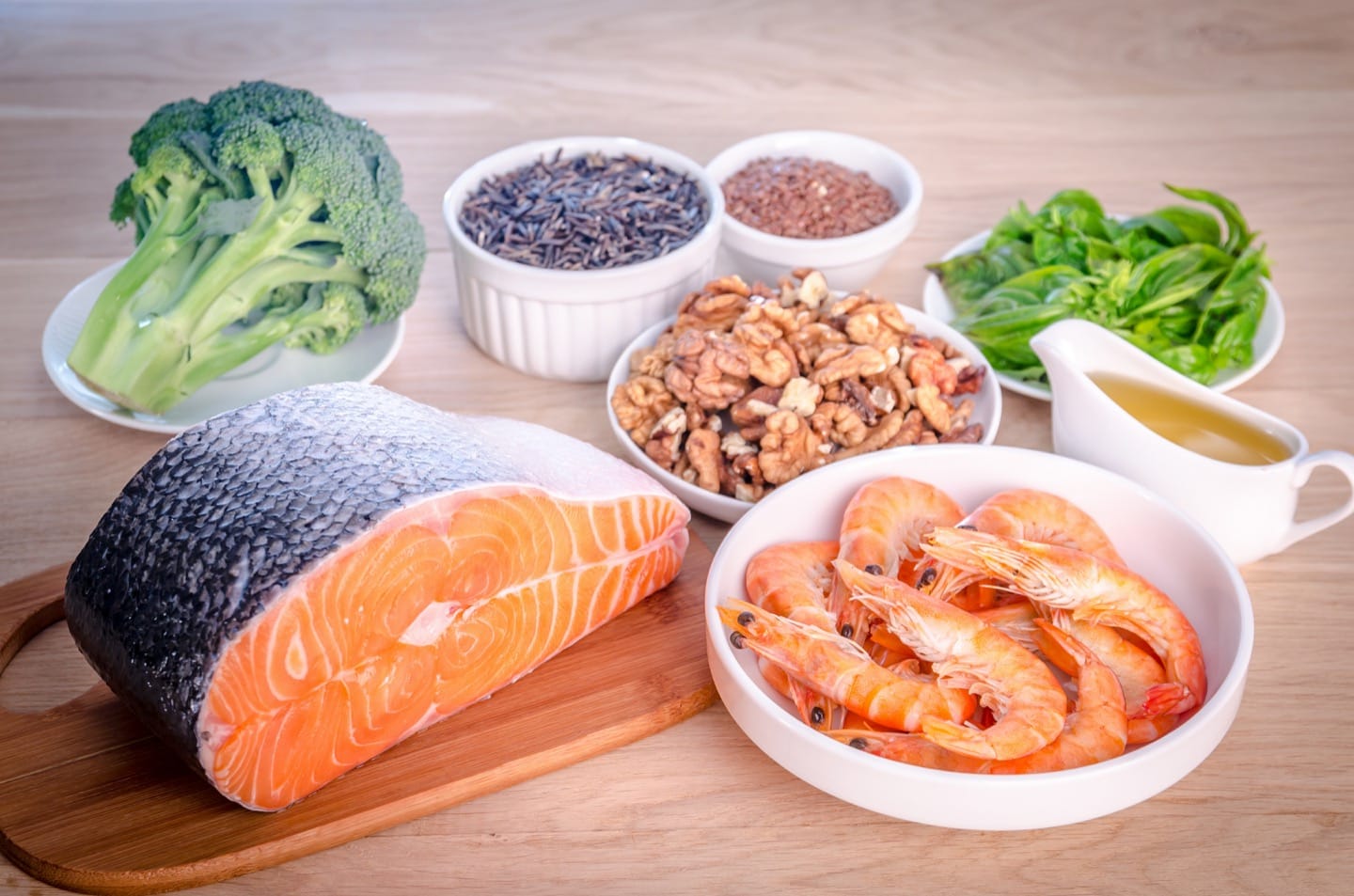The Heart Foundation has recently recommended all Australian adults without existing heart disease should consume 500 milligrams of marine-source omega-3 oils daily. People with heart disease should double that dose to 1000 milligrams daily.
Omega-3 oils are a type of polyunsaturated fat which has been shown to reduce the risk of heart disease. To get your recommended intake, the Heart Foundation advises:
 1. Two to three 150 gram serves of oily fish every week
1. Two to three 150 gram serves of oily fish every week
Oily fish include Atlantic and Australian salmon, blue-eye trevalla, blue mackerel, gemfish, canned salmon, canned sardines, oysters and some varieties of canned tuna.
150 grams of Atlantic salmon provides 500-850 milligrams of omega-3 (marine-source). A 150 gram serving of some canned salmon or sardines provides >2000 milligrams of omega-3 (marine-source). By comparison, 150 grams of ling (a non-oily fish) may provide
Note that deep-fried takeaway fish is low in omega-3 and is often cooked in unhealthy oils. It does not reduce the risk of heart disease.
2. Supplement this with fish oil supplements (capsules or oil) and omega-3 enriched food and drinks
Enriched foods may include eggs, bread and milk.
Look for supplements with the highest EPA and DHA (omega-3 oils) content. Add them for the total dose in the particular food.
3. Consume at least 2 grams of plant-source omega-3 every day
Plant-source omega-3 can be found in fats and oil such as canola oil and soybean oil, in linseeds (flaxseeds) and walnuts. So, for example, eat 2 slices of soy and linseed bread spread with canola-based margarine or 30 grams of walnuts daily.
Speak to your doctor for more information or go to the Heart Foundation to see the guidelines.
Health Update, 4 October 2008
Disclaimer:
Please note this information was correct at time of publication.
For up to date information, speak to your doctor.


